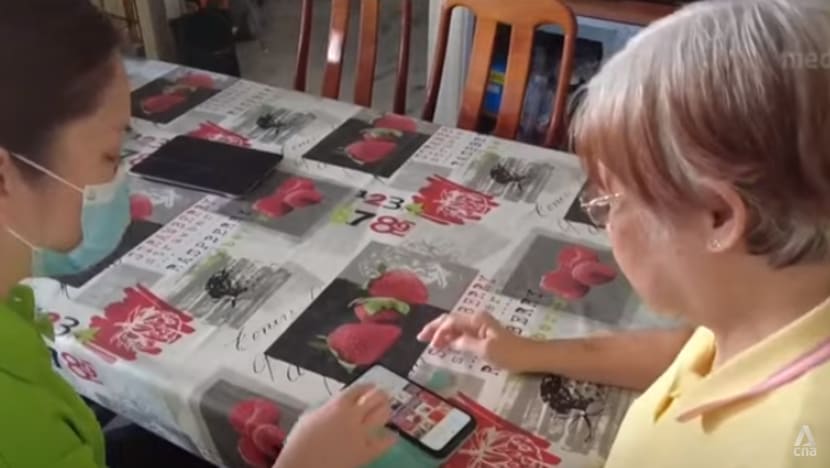SingHealth seeks to boost expertise in 'social prescriptions' as Singapore moves towards preventive health

SingHealth is looking to boost Singapore's expertise in social prescribing.
SINGAPORE: Group exercises and community gardening may not sound like the most direct ways to attain good health, but these are the kind of lifestyle activities people may need under "social prescriptions".
These non-clinical recommendations help them to benefit from strong community support and address social issues early on, before they lead to worsening health.
The healthcare system can contribute to about 20 per cent of the overall outcome of health improvements, Associate Professor Lee Kheng Hock from SingHealth Community Hospitals said.
"The other 80 per cent is under what is called social determinants of health. It's the condition under which people are born, where they grow up, where they work, where they live and where they age as well," said Assoc Prof Lee, the deputy chief executive of education and community partnerships.
“It's very important to support the living conditions of people and the kind of behaviour that they follow and the lifestyle that they need in the community.”
To address such social factors, new skill sets are required, Assoc Prof Lee said at the inaugural Asia Pacific Social Prescribing Conference.
To this end, SingHealth has introduced wellbeing coordinators, who are non-clinical staff embedded in clinical teams to identify and support patients facing social risk factors that may affect their health outcomes.
The social prescribing programme has benefitted almost 1,000 patients.
TRAINING MORE IN SOCIAL PRESCRIBING
The cluster also aims to train 600 health and community care workers yearly through a new arm, the SingHealth Community Hospitals Office of Learning.
It will boost social prescribing efforts, for example, through an educational programme it has created with Ngee Ann Polytechnic.
The Health and Social Care Coordinator Course, which is open to people from different walks of life, equips students with skills and knowledge to support social prescribing and to work in multi-disciplinary teams of social and healthcare professionals.
One of the course attendees is Ms Caral Goh, who is now a part-time patient activity coordinator at Sengkang Community Hospital.
Before that, the former editor of a meditation and health magazine thought engaging with patients seemed like a pastime, she said. After attending the course, she learnt the purpose of such activities under the concept of social prescribing.
“I learned to actively engage, actively listen to build trust with patients, so that we can find out their social determinants of health. This will take a lot of trust,” she said.
SingHealth will also involve family physicians in upcoming workshops on the topic.
There are other ongoing efforts to spread the concept of social prescribing. For example, it was introduced into Duke-NUS Medical School's curriculum this year.
IMPORTANCE OF SOCIAL FACTORS
Speaking at the conference organised by SingHealth and SingHealth Community Hospitals, Minister-in-charge of Social Services Integration Desmond Lee said that as Singapore shifts towards preventive health, social factors, “which are sometimes not easy to put our arms around”, have to be addressed.
Individuals and families that have the most complex needs often face interlocking challenges that involve various issues including on the social, health, and family fronts, he noted.
In such families, the association between health and social outcomes is evident, he said.
On one hand, poor health can have a significant impact on their social outcomes, such as limiting an individual’s ability to perform in school and at work, said Mr Lee.
On the other hand, social issues can impact a person’s health, he added, pointing to how low-income families might have a less balanced and nutritious diet, or feel deterred from seeking early help before their health conditions worsen and require drastic interventions.
“This means that to support these families and address the challenges that they face, we have to understand the underlying causes and tackle them before the symptoms can be addressed. We cannot address each of these issues in a silo, a piecemeal manner,” he said.
“Community partners play an important role in this regard. We need to tap on their extensive local networks and areas of expertise, and they can help to identify and fill gaps and needs on the ground. Through this, we are able to close the triangle of social, health and community integration.”













_1.jpg?itok=Pt4lopXb)




